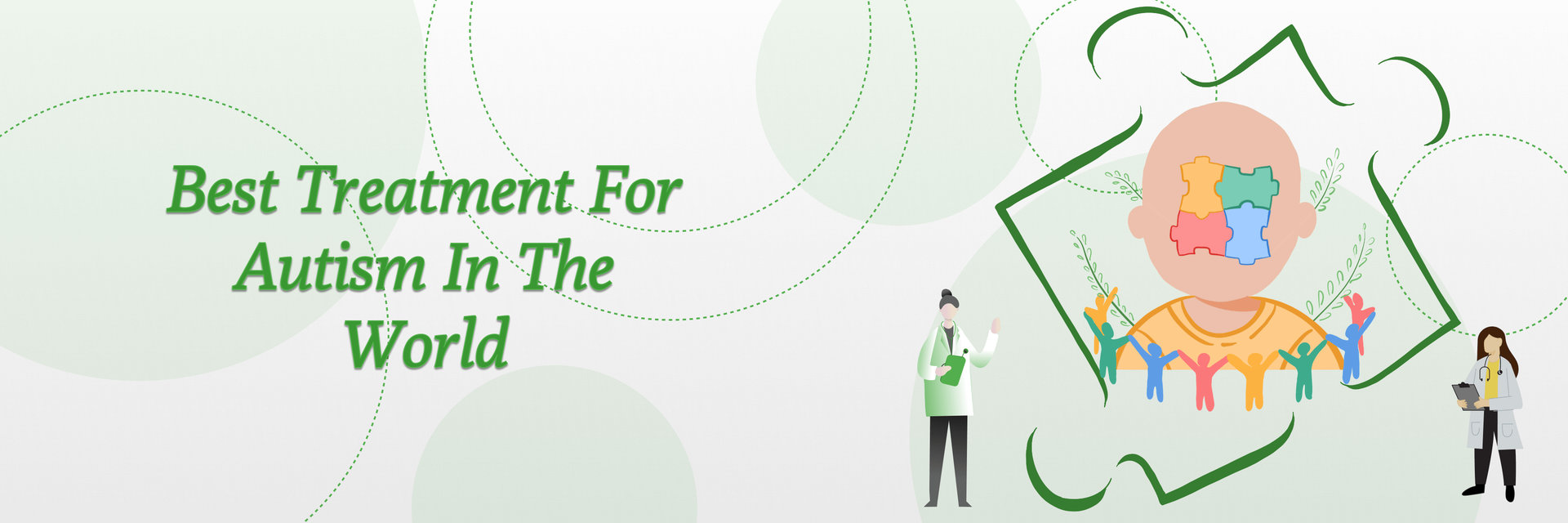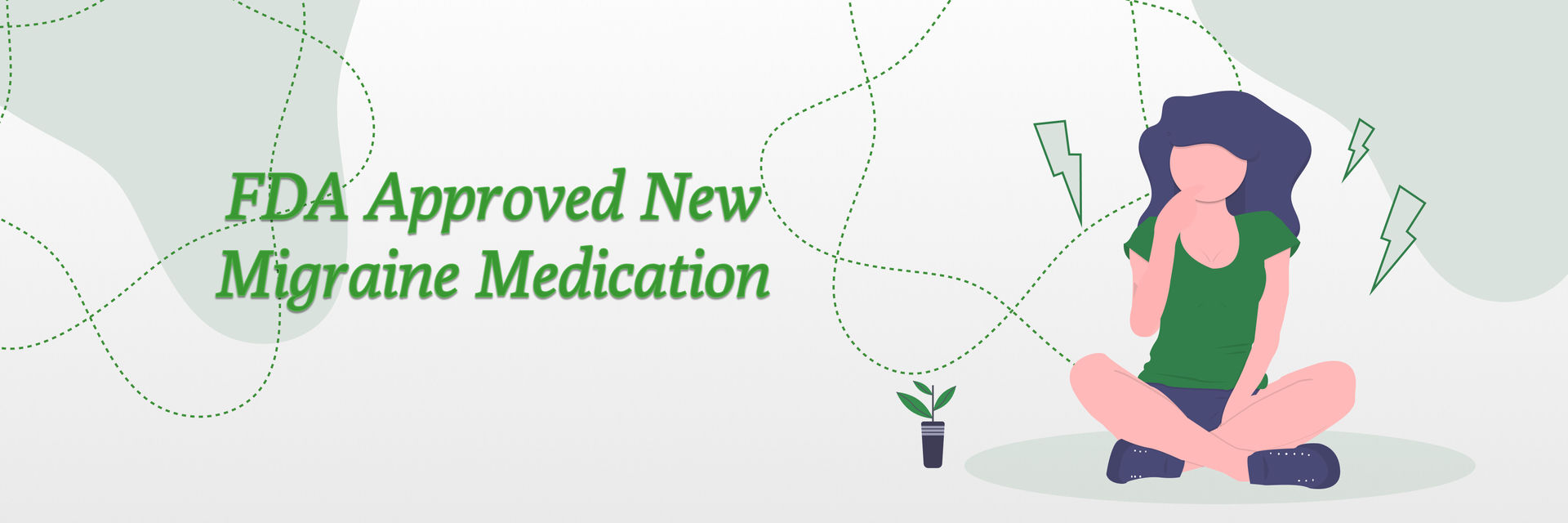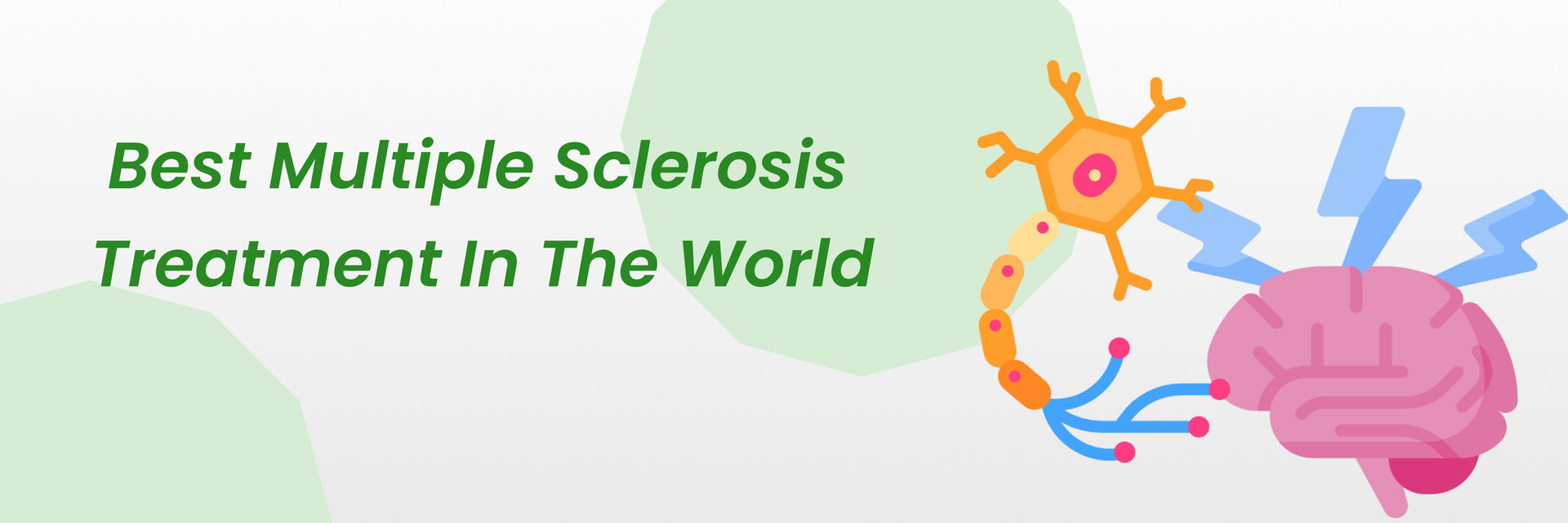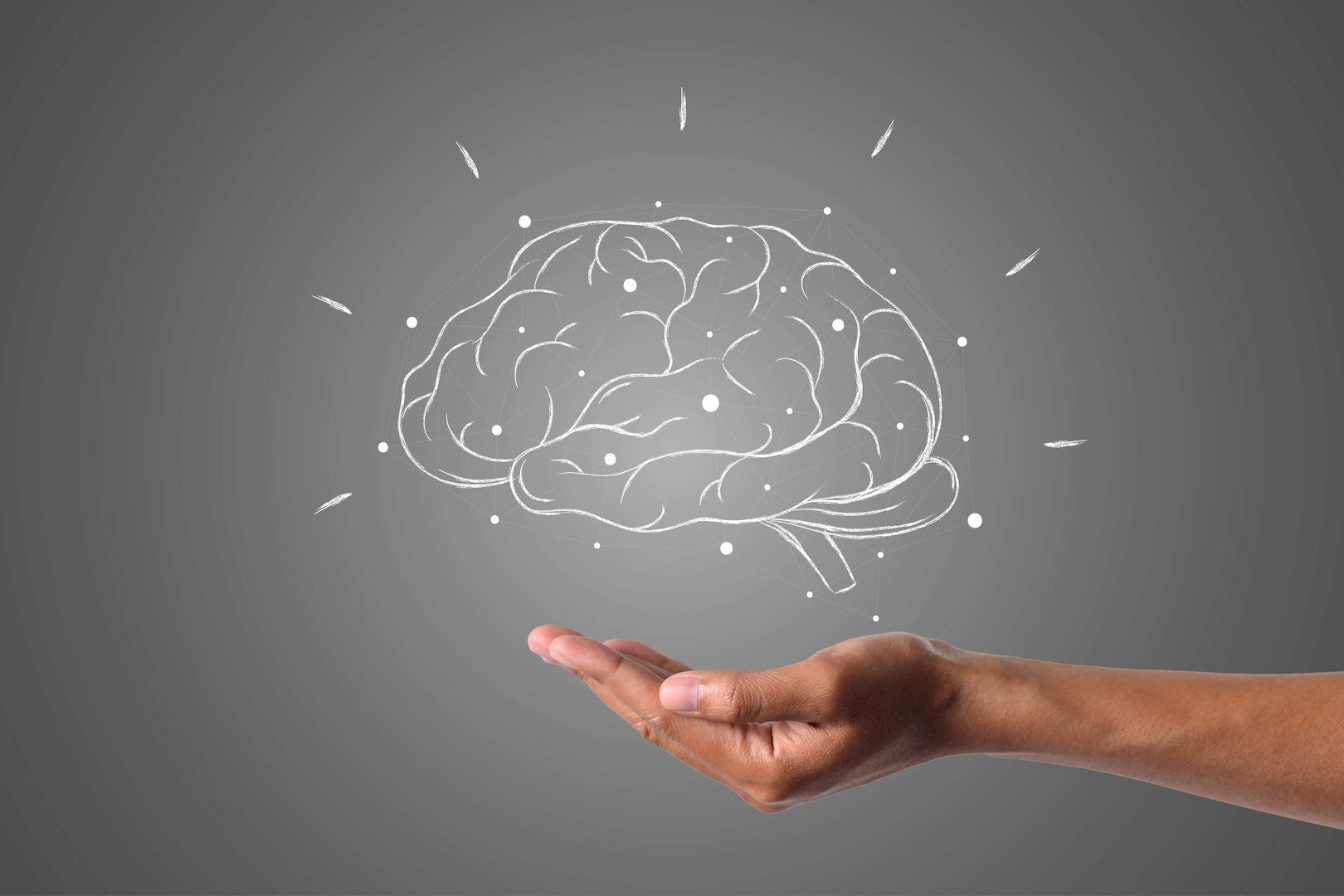The answer is yes, head trauma raises the risk of getting Parkinson's.
Let's read ahead to get more insights on this.
Parkinson's disease is a neurodegenerative disorder. It mainly affects motor function and causes tremors, stiffness, and slow movement. It has been linked to various risk factors, including genetics and the environment. One such environmental factor that has garnered significant attention is head trauma. Head trauma, or traumatic brain injury (TBI), ranges from mild concussions to severe injuries. TBIs can cause immediate and long-term neurological damage. Studies suggest that TBIs may not only raise the risk of getting Parkinson's. They could also affect how the disease progresses and its severity.
People who have had moderate to severe head injuries are more likely to get Parkinson's later in life. The trauma may cause neuroinflammation. It can also lead to the buildup of proteins such as alpha-synuclein, which is linked to Parkinson's. Repeated mild head injuries, common in contact sports, may also elevate Parkinson's risk.
Types of Head Trauma that Lead to Parkinson's
- Severe Traumatic Brain Injuries (TBIs)
Causes: Often result from car accidents, falls, or violent impacts.
Impact: Can cause substantial damage to brain tissue and blood vessels.
Consequences: Disrupts normal brain function and may initiate neurodegenerative processes linked to Parkinson's.
- Mild Traumatic Brain Injuries (Concussions)
Causes: Common in sports like football, boxing, or hockey.
Impact: Less severe than TBIs but still significant.
Consequences: Repeated concussions can lead to chronic traumatic encephalopathy (CTE), associated with neurological decline and Parkinsonian symptoms.
- Repeated Head Injuries
Causes: Frequently occur in contact sports and certain occupations.
Impact: Cumulative effect of multiple mild injuries over time.
Consequences: Increases the likelihood of significant neurological changes and higher risk of developing Parkinson's disease.
- Penetrating Head Injuries
Causes: Result from objects penetrating the skull, such as in severe accidents or violent assaults.
Impact: Directly damages brain tissue and neurons.
Consequences: This can lead to long-term neurological issues and increase the risk of Parkinson's.
- Blast Injuries
Causes: Common in military personnel exposed to explosions.
Impact: Causes a rapid change in pressure, leading to brain damage.
Consequences: Can trigger neuroinflammatory responses and neuronal damage linked to Parkinson's.
How Does Traumatic Brain Injury Influence Parkinson's Disease?
Traumatic brain injuries influence Parkinson's disease through several mechanisms. Neuroinflammation is a main factor. Brain injuries trigger this response. It can harm neurons. Over time, chronic inflammation may contribute to the degeneration of dopamine-producing neurons. Additionally, TBIs may alter the brain's structural and functional connectivity. Damage to specific brain regions can cause motor symptoms. These symptoms are characteristic of Parkinson's and involve movement regulation.
Dr. Gurneet Sawhney, a renowned neurosurgeon from Mumbai, says, "Traumatic brain injuries significantly increase the risk of Parkinson's disease by causing extensive damage to the brain's neurons and pathways. This connection highlights the importance of preventing head injury."
Preventative Measures That Can Reduce the Risk of Parkinson’s After Head Trauma
After head trauma, it’s essential to focus on minimizing further risk and promoting overall health. While it is not possible to eliminate the risk of Parkinson’s disease, here are some preventive measures that may help:
- Regular medical check-ups:
- Consult a neurologist: Regular follow-ups can help monitor any potential symptoms.
- Discuss head trauma history: Inform your healthcare provider about the injury.
- Lifestyle Choices:
- Healthy Diet: Consume a balanced diet rich in antioxidants, vitamins, and minerals.
- Physical Activity: Regular exercise may have a protective effect against Parkinson’s.
- Avoid Toxins: Minimize exposure to harmful chemicals and pollutants.
- Stay Informed:
- Learn about early signs of Parkinson’s (such as tremors, stiffness, and balance issues).
- Seek prompt medical attention if you notice any concerning symptoms.
- Support mental health:
- Manage stress and anxiety: Chronic stress may impact overall health.
- Stay socially active: Engage in activities that promote mental well-being.
Remember that individual responses to head trauma and risk factors vary. Always consult an experienced neurologist for personalized advice based on your specific condition.
Long-term Effects of Head Trauma Related to Parkinson's Disease
- Motor Symptoms: Uncontrollable shaking, slow movement, muscle stiffness, and balance issues.
- Cognitive Decline: Memory problems, attention deficits, and difficulties with planning and decision-making.
- Emotional and Behavioral Changes: Depression, anxiety, and rapid mood swings.
- Sleep Disorders: Insomnia, daytime sleepiness, and acting out dreams while sleeping.
- Autonomic Dysfunction: Blood pressure fluctuations, digestive issues, and bladder problems.
- Sensory Changes: Loss of smell and vision problems.
- Chronic Pain: Persistent pain in muscles and joints and burning or tingling sensations.
- Fatigue: Constant feeling of exhaustion that does not improve with rest.
Conclusion
Understanding the link between Parkinson's and head trauma is key. It's vital for preventing and managing the disease. We need more research to understand the mechanisms. We also need it to make therapies that can reduce these risks.
FAQs
Can a single head injury cause Parkinson's disease?
One severe head injury can raise the risk. But, it usually involves many factors. Repeated injuries pose a higher risk.
How soon after a head injury can Parkinson's symptoms appear?
Symptoms may appear years after the injury. They often take decades to show up as the disease progresses slowly.
Are athletes more prone to Parkinson's disease due to head trauma?
Athletes in contact sports get many head injuries. They may have a higher risk of getting Parkinson's from repeated brain trauma.







